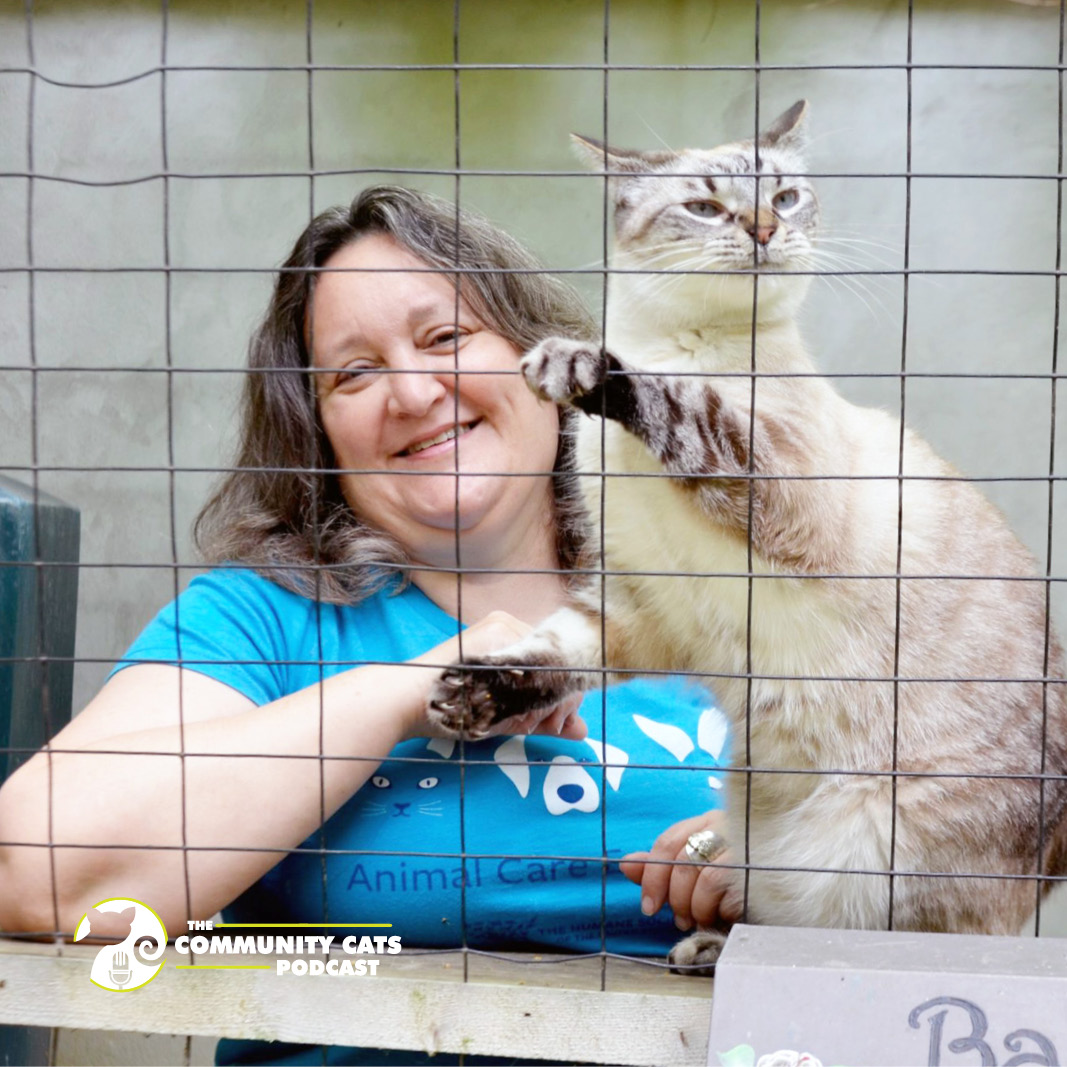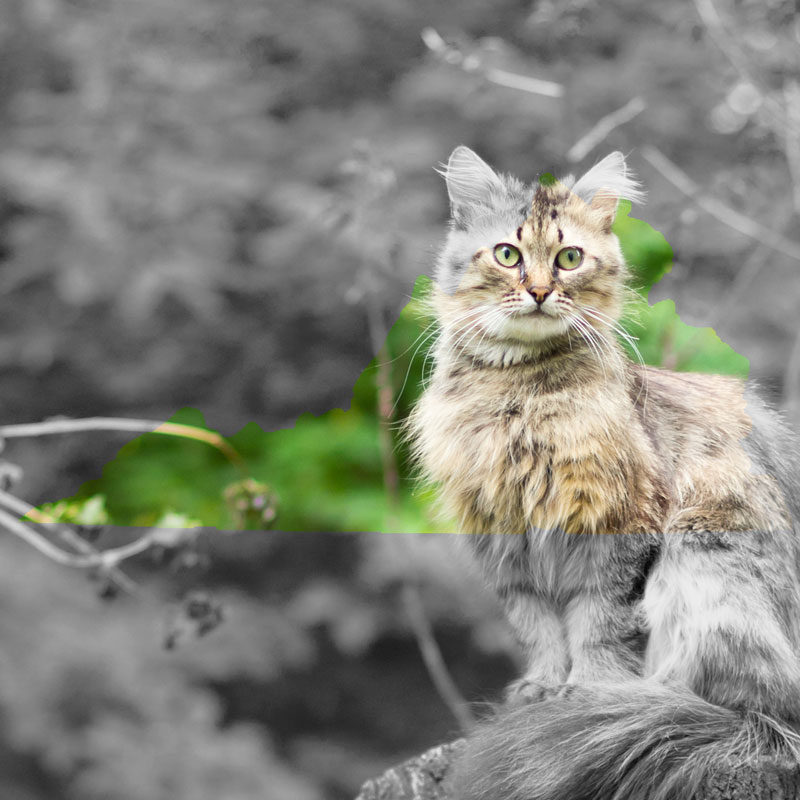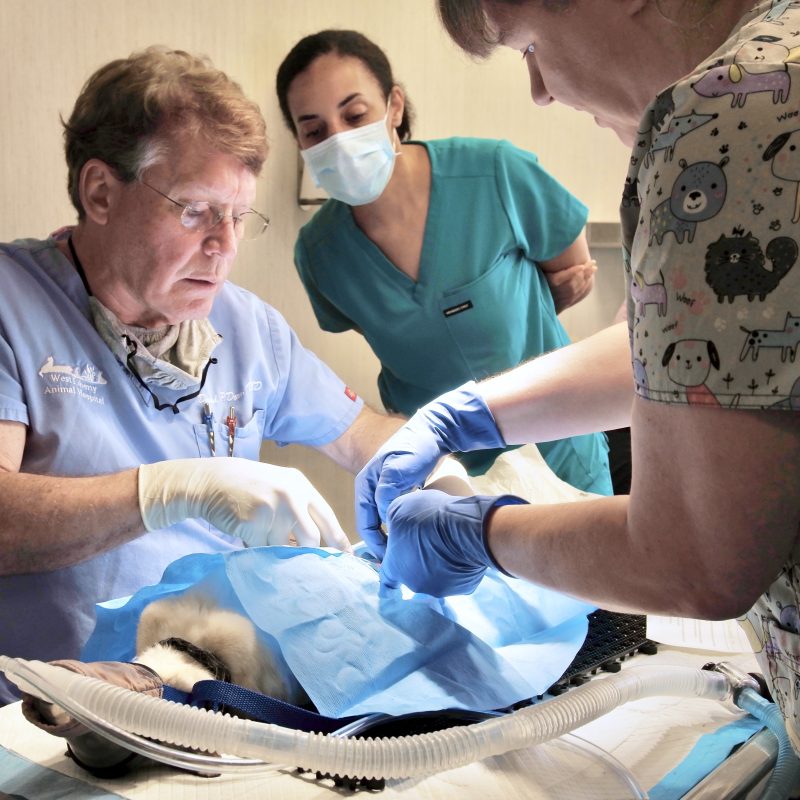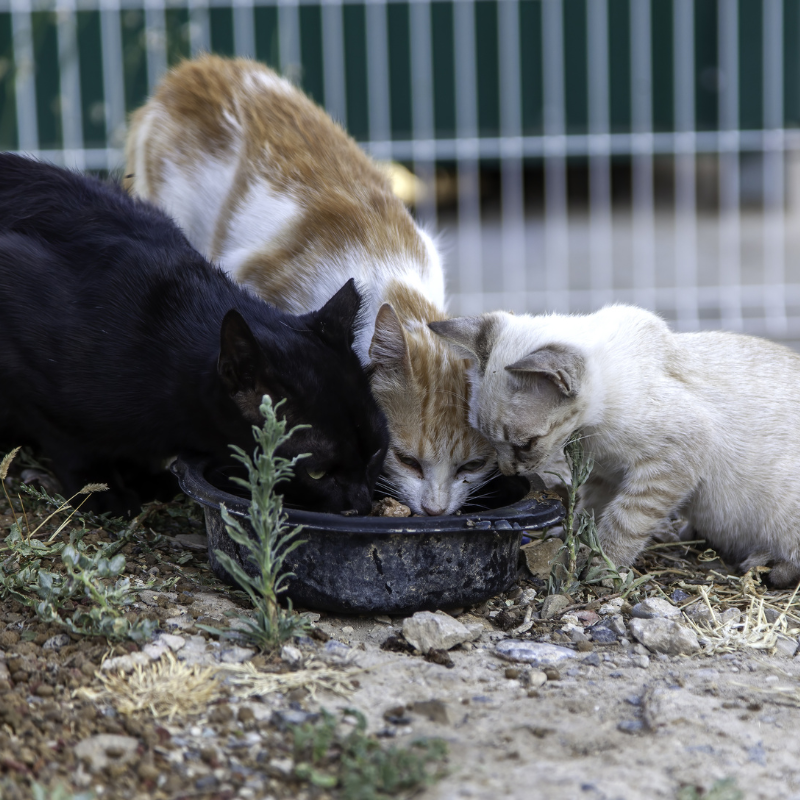
Danielle Bays, Senior Analyst for Cat Protection & Policy, HSUS
April 20, 2021
Rachel Herman, Founder and Executive Director, PAWS (NY)
April 27, 2021
In our last blog post, we touched on a few of the cat-related laws in the works around the country. One of those laws was SB 1390, a bill in Virginia that would clarify the rules and regulations around TNR so that localities around the state can better participate.
This week I spoke with Debra Griggs, a Virginia real estate agent and animal rights activist who has been working to change the law in Virginia.
What are the barriers to doing TNR in VA and why does the law need to change?
The law needs to change to reduce any barriers to TNR by the private sector and to allow public shelters and localities the option of fully participating in TNR. TNR is being carried out all across Virginia today. In Fairfax County, for example, in 2018, that jurisdiction celebrated its ten-year anniversary of TNR and shared impressive, successful outcomes! In a few cities and counties, however, authorities mistakenly assert that TNR is “illegal.” In most of those cases, leadership erroneously takes the position that returning a cat to where it was trapped is abandonment. Clarity is needed in the state code so that those few jurisdictions do not impose barriers to TNR in their localities. The other issue is that currently, public shelters are unable to fully participate in TNR. Public shelters may do the “T” and may do the “N,” but returning a cat to where it was trapped (the “R” part) is not an allowed disposition in the state code for public shelters. The law needs to change to allow public shelters to fully participate in TNR, if they choose to do so, in order to effectively and proactively manage the community cat population.
Tell us about your work up to this point on this issue.
I have worked on bringing clarity to the state code to allow for the broader application of TNR for ten years. Grassroots support is significant, but whenever a bill is introduced in the General Assembly to remove any real or perceived barriers to TNR, opponents convince policy makers that doing so is harmful to wildlife and birds, and that increased TNR will result in a greater number of community cats. In those ten years, opponents have never offered a viable, sustainable alternative, but simply create enough doubt and confusion so that the code does not change and all we have left is the status quo.
Since the bill did not pass the House of Delegates, what are your next steps?
In the 2021 General Assembly, SB 1390 passed the Senate with clear bipartisan support, but when the bill was before the House Agriculture Subcommittee, a motion was made and passed to table the bill and send the issue to a working group or study committee. The irony is that a working group on this very issue, and on which I served, was convened from 2012–2014, consisting of stakeholders and facilitated by a representative from the Virginia Department of Agriculture. In spite of regular meetings, usurping considerable time and taxpayer monies, no meaningful result was generated. If a new working group is convened, TNR proponents will participate in good faith, but we are wary that it will produce a different outcome. At the heart of it, TNR opponents and proponents have the same goal, which is to reduce the number of community cats—but [we] have a deep philosophical difference on how to achieve that. TNR proponents oppose any action that will result in reduced spay/neuter/vaccination of community cats and increased euthanasia of community cats in shelters. It appears that TNR opponents are unconcerned about euthanasia of the cats. Beyond the working group, TNR proponents will predictably shepherd the introduction of another progressive TNR bill in the 2022 General Assembly.
What can readers of our blog do to help?
If you live in Virginia, start contacting your legislators now to talk about TNR, the benefits it provides to both cats and the community, and why the law needs to be amended. Please also follow TNR-VA on Facebook—this page was created to keep advocates up to date about TNR-related activities at the Virginia General Assembly. Please also consider signing up for updates from the Virginia Federation of Humane Societies and/or any of our partners on this effort including The Humane Society of the United States, Best Friends Animal Society, Richmond SPCA, and Homeward Trails Animal Rescue.
Anything else you would like to add?
TNR opponents paint TNR advocates with a broad brush as exclusively concerned with the welfare of cats. However, that’s completely untrue: The majority of TNR advocates strongly advocate for wildlife and bird protections as well. There’s a great piece from the Richmond SPCA on that here. TNR is overwhelmingly the best way to protect both.
***
The Community Cats Podcast also discussed how TNR is the best way to help wildlife in our recent blog on lethal removal. If you are a proponent of TNR and you live in Virginia, definitely consider getting involved in this effort—and stay tuned for updates over the coming months and years.
 Originally from Colorado, Krista Beucler received a Bachelor of Arts in creative writing at the University of Mary Washington (UMW) in Virginia. She was the editor-in-chief for Issue 7.2 of the Rappahannock Review, the literary journal published by UMW. Krista’s creative work has been published in From Whispers to Roars literary magazine. She is spending COVID-19 at home with her cats.
Originally from Colorado, Krista Beucler received a Bachelor of Arts in creative writing at the University of Mary Washington (UMW) in Virginia. She was the editor-in-chief for Issue 7.2 of the Rappahannock Review, the literary journal published by UMW. Krista’s creative work has been published in From Whispers to Roars literary magazine. She is spending COVID-19 at home with her cats.




